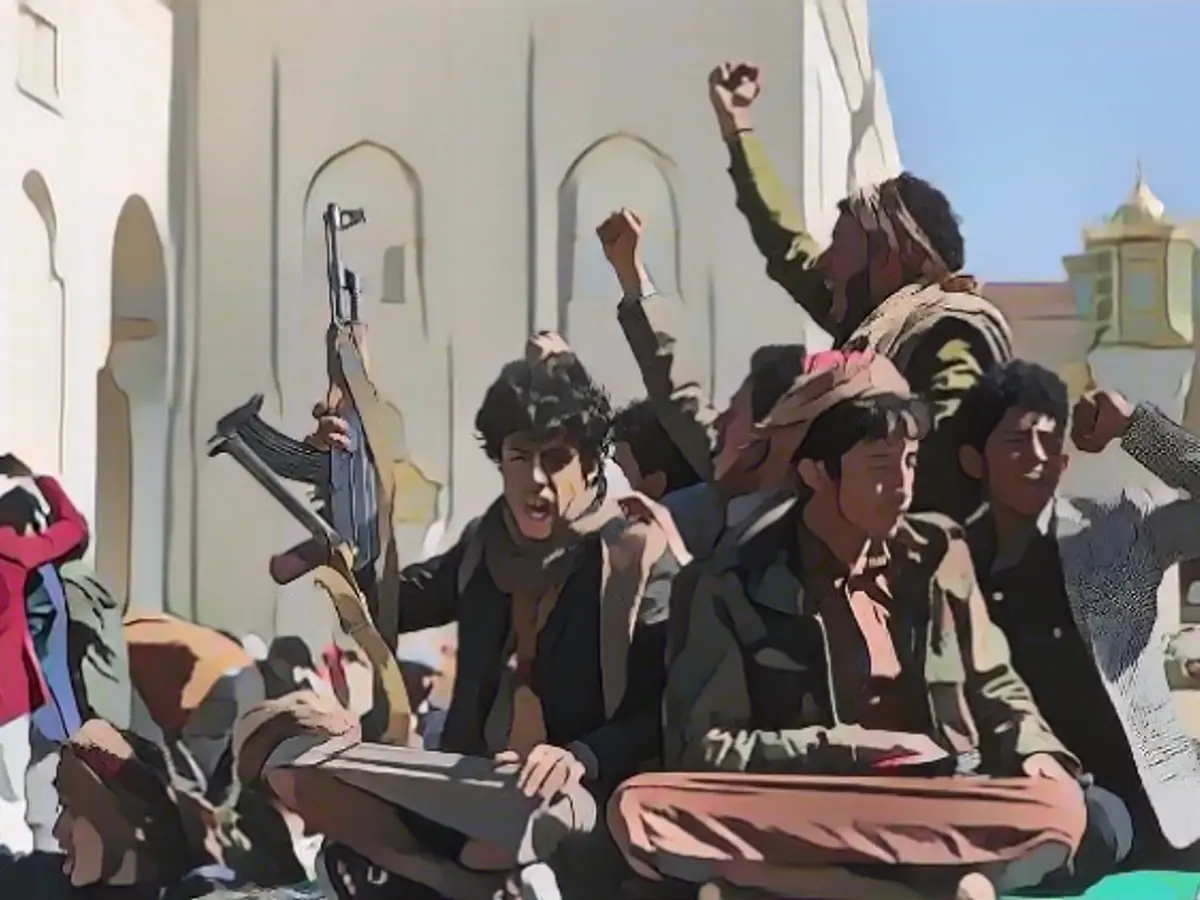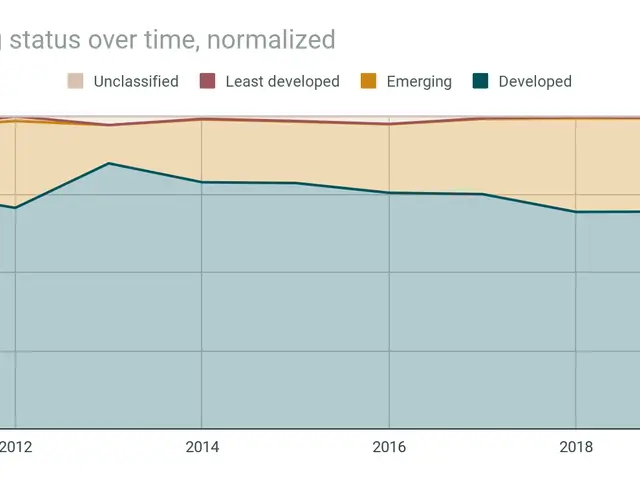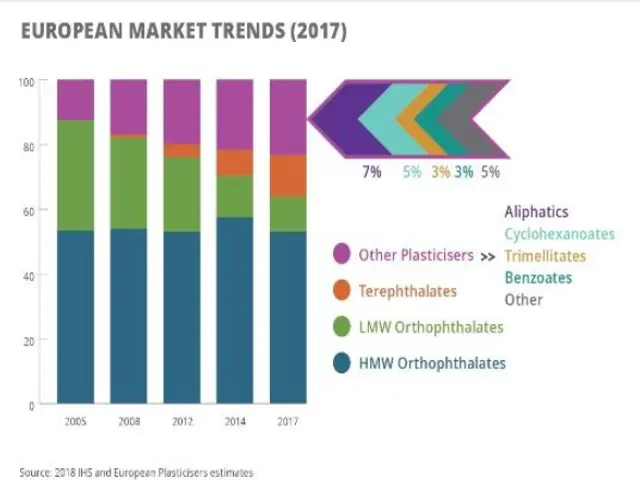Pro-Iranian Houthi Militia's Red Sea Attack Causes Stir
The Houthi militia, a faction backing Iran, claimed responsibility for a missile strike on a Norwegian oil tanker in the Red Sea. The militia's spokesman, Jahja Saree, announced that their naval units had targeted the Norwegian tanker "Strinda," which was reportedly transporting fuel for Israel. The U.S. Central Command Centcom had earlier confirmed the tanker was hit by a Houthi-fired missile on Tuesday night, causing damage and a fire that the crew managed to extinguish.
Global trade concerns were sparked as a result of this incident. The Red Sea, through which the "Strinda" was passing and where the attack occurred, is a critical maritime route connecting the Red Sea and the Gulf of Aden with the Indian Ocean. It is a significant transit point for global maritime trade, particularly in oil transportations.
The Norwegian shipping company J. Ludwig Mowinckels Rederi confirmed the attack and reported that contrary to initial reports, no crew members were harmed. The Indian crew successfully extinguished the fire on the ship loaded with raw materials for biofuel. The tanker, initially on its way from Malaysia to Italy, was now making its way to a safe harbor.
This incident is not the first time the Houthi militia has targeted vessels in the Red Sea. Since conflicts between Israel and Hamas, they have been firing drones and missiles towards Israel and attacking ships in the region. On November 19, Houthi rebels captured the freighter "Galaxy Leader" and took the crew hostage. The Houthi militia perceives itself as part of an anti-Israel alliance, known as the "Axis of Resistance."
Additional Insights
The Houthi militia's attacks on ships in the Red Sea have resulted in several implications for the global maritime trade:
- Increased shipping costs and delays:
- To avoid the potentially dangerous area, shippers are forced to reroute vessels around Africa's Cape of Good Hope, which can add up to 12 days to a typical journey and increase overall shipping costs by up to 30%.
- Trade disruptions:
- Over 80 vessels have been attacked, altering shipping companies' transit strategies and resulting in disruptions to time-sensitive goods transportation.
- Impact on oil transportation:
- Despite the attacks, Iran's oil trade has remained relatively stable, allowing it to generate significant revenue and fund its geopolitical objectives.
- Insurance premiums and risk:
- The heightened danger of Houthi attacks has led to a doubling of war risk insurance premiums, further pressuring smaller shipping companies.
- Global supply chain resilience:
- The crisis highlights the importance of diversifying and resilienting supply chains to combat the risks associated with relying on specific trade corridors.
- Economic consequences:
- The crisis has already resulted in increased shipping expenses and insurance premiums and will likely lead to even more profound long-term economic consequences, calling for international cooperation in safeguarding critical trade routes.







